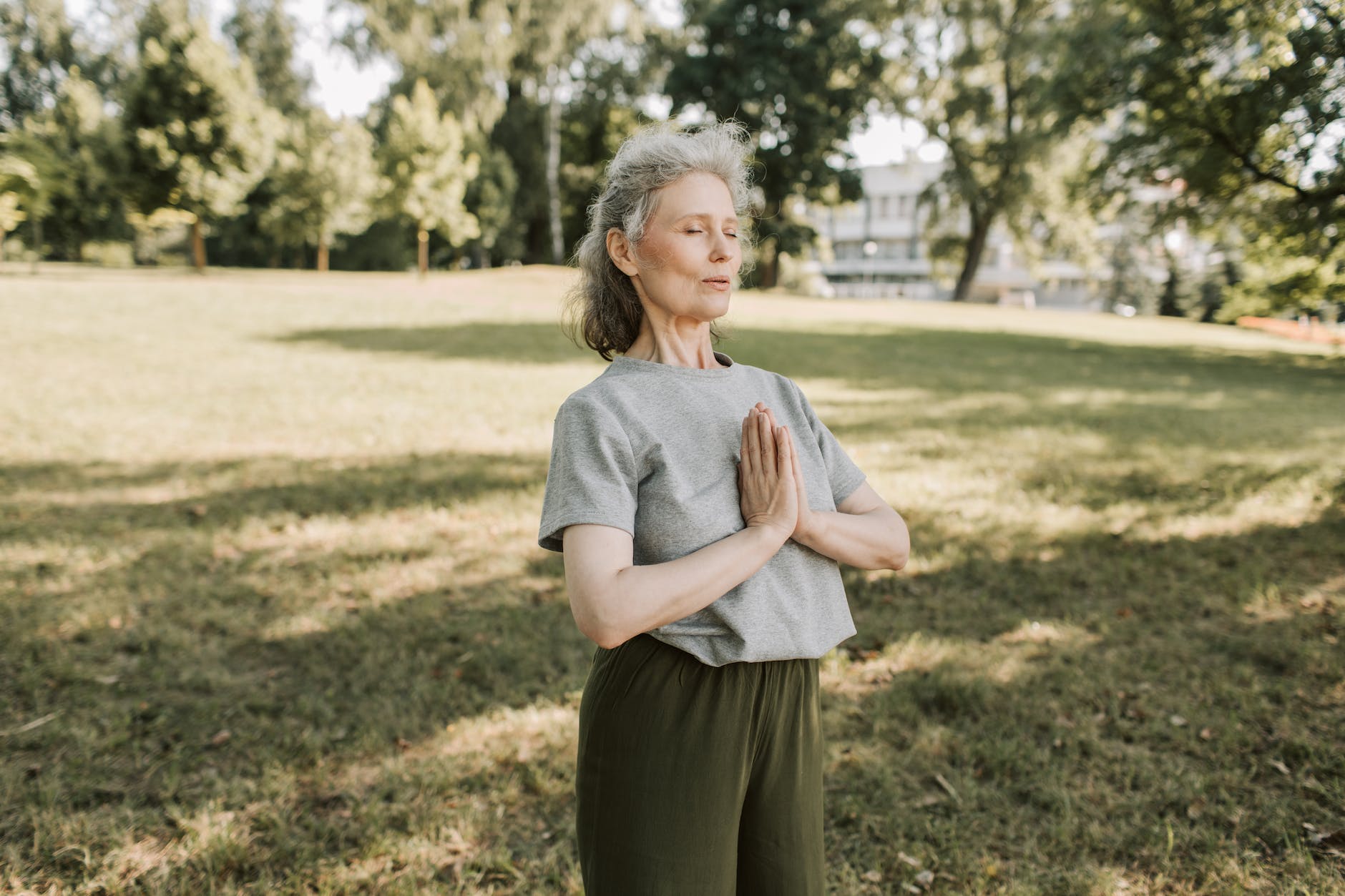Today I Learned America is “Under-muscled”

Yesterday I listened to an interview with Dr. Gabrielle Lyon on Modern Wisdom (one of my favorite podcasts). I’ve listened to her on other podcasts before, but found this recent episode especially interesting. Lyon is a functional medicine physician and founded the Institute of Muscle-Centric Medicine. Her perspective is that while we do certainly have an obesity crisis in the United States, what we’re actually dealing with is a severely “under-muscled” population that focuses too much on dieting and losing weight, rather than improving metabolic health and retaining muscle as we age.
Why is the ideal image of a “fit” older person someone who is able to walk or do yoga? What if we replaced that with an 85 year old woman who still squats and deadlifts regularly, and who moves better than many 50 year olds?
“Older adults who participated in weight lifting exercise had significantly lower mortality before and after factoring in aerobic exercise participation, and importantly, those who did both types of exercise had the lowest risk,” says lead author Jessica Gorzelitz, PhD, researcher in the division of cancer epidemiology and genetics at the National Cancer Institute.
Having more skeletal muscle helps keep you alive longer. Unfortunately as we tell people to move more and eat less as they age, we are encouraging them to lose weight (and a large percentage of that is metabolism-boosting muscle).
If older adults were encouraged to focus on improving their body composition, rather than being told they need to lose weight maybe we could reduce the prevalence of metabolic disorders in the United States. An older population that maintains muscle and keeps their metabolism functioning well will be at a lower risk for things like heart disease, stroke, and type 2 diabetes.
And another way this skeletal muscle will keep people alive is preventing them from falling. In older adults, a fall can be a devastating event that leaves them unable to care for themselves and with a far lower quality of life. One way to prevent that is to maintain leg strength into your older years. If you have the strength to catch yourself if you trip, you’ll end up unharmed instead of with a broken hip.
The importance of dietary protein cannot be underestimated in the diets of older adults; inadequate protein intake contributes to a decrease in reserve capacity, increased skin fragility, decreased immune function, poorer healing, and longer recuperation from illness.
Emphasizing adequate intake of protein and other nutrients rather than telling people to lose weight as they age will lead to better health outcomes, increased healthspans, and reduced risk for other age-related issues.
The effects of inadequate protein intake (especially sarcopenia, the loss of muscle tissue as a natural part of the aging process) are especially apparent in elderly women. Adding skeletal muscle is often avoided in this population as women are more likely to prioritize being thin over maintaining a healthy body composition and being physically strong.
Learn more about Dr. Gabrielle Lyon on her website.
